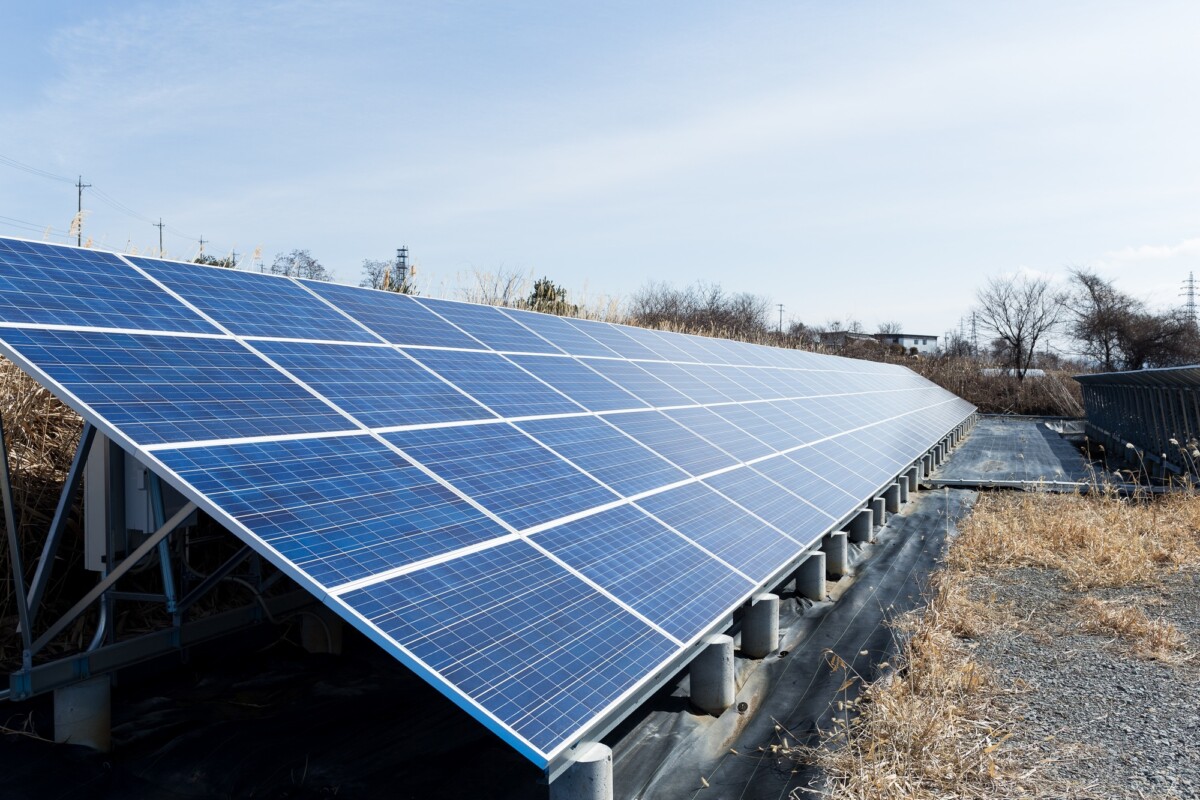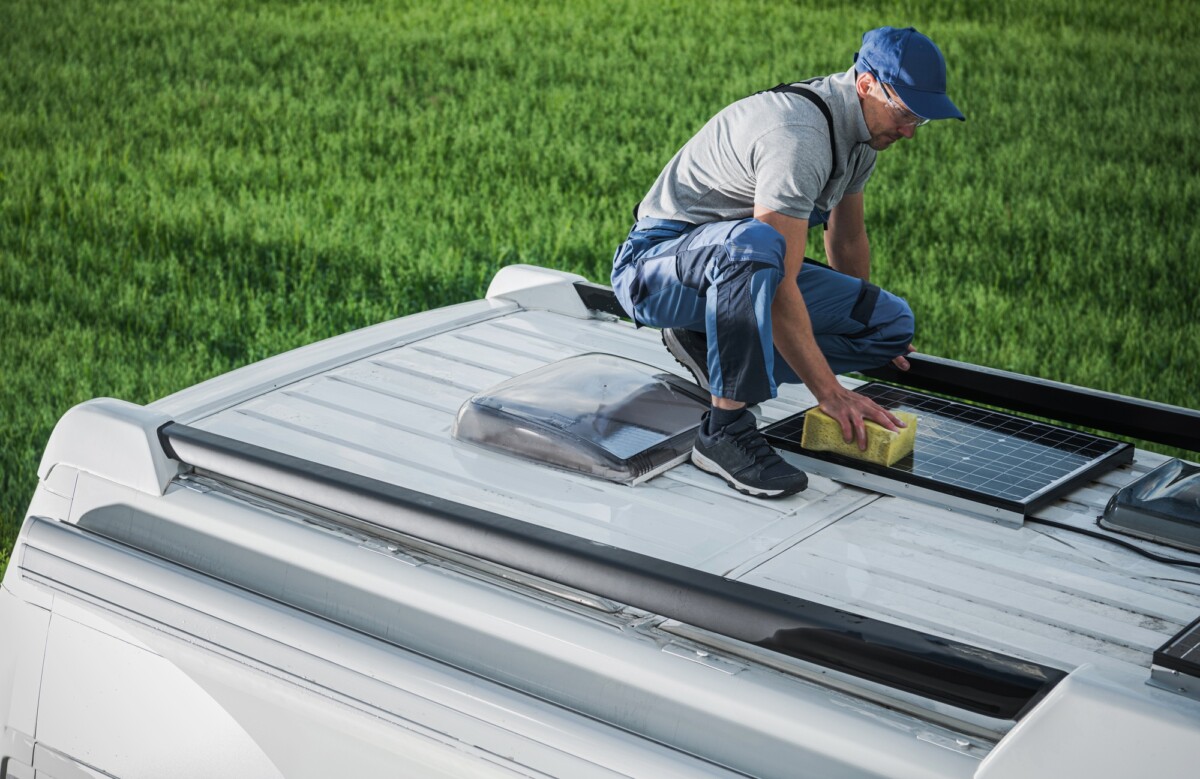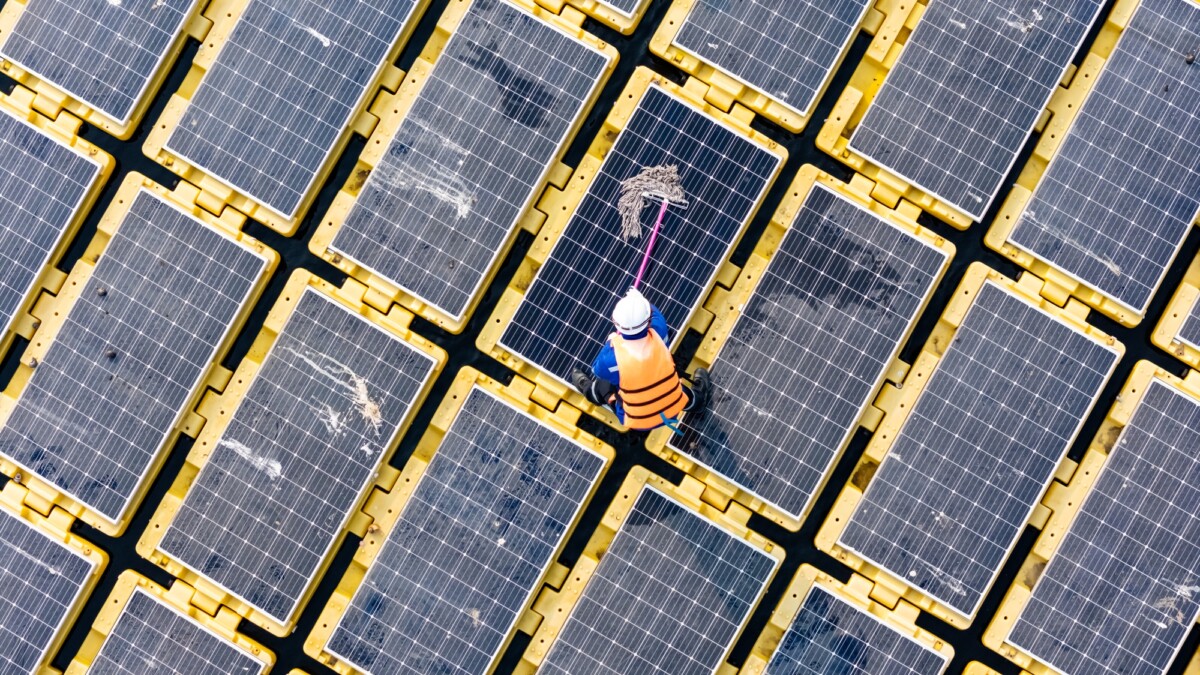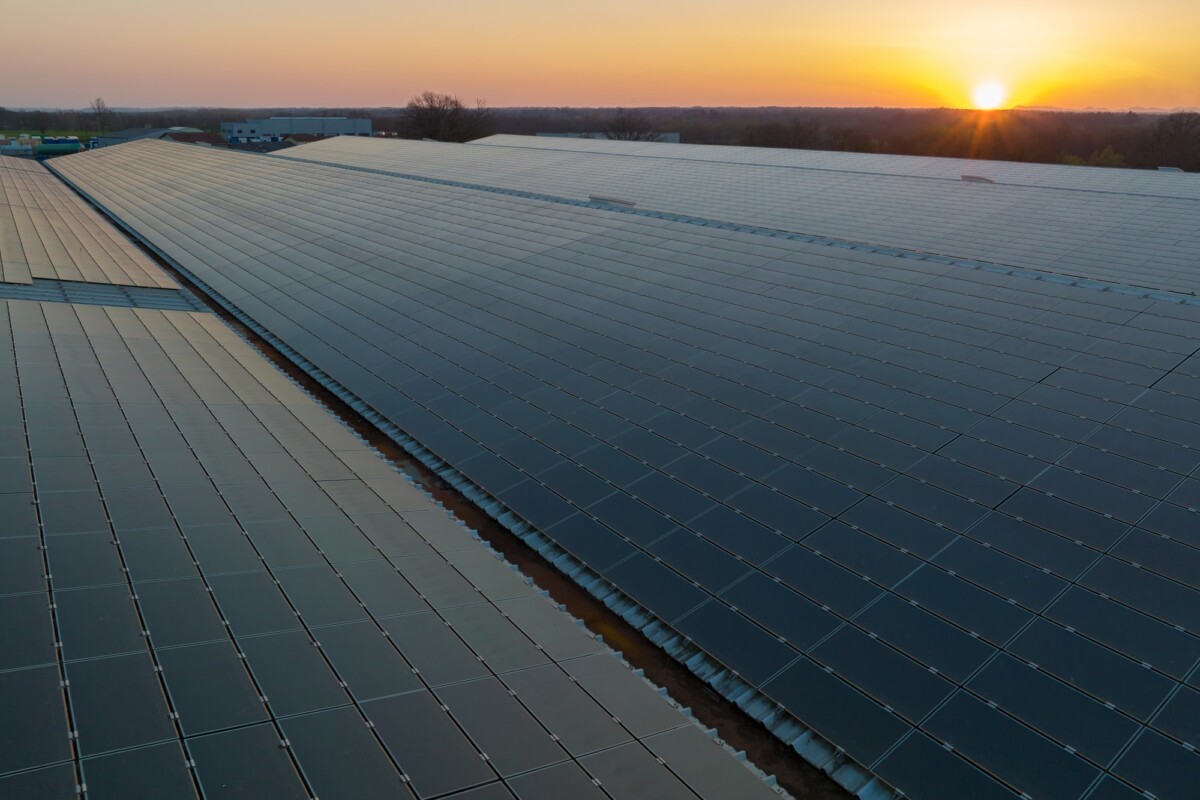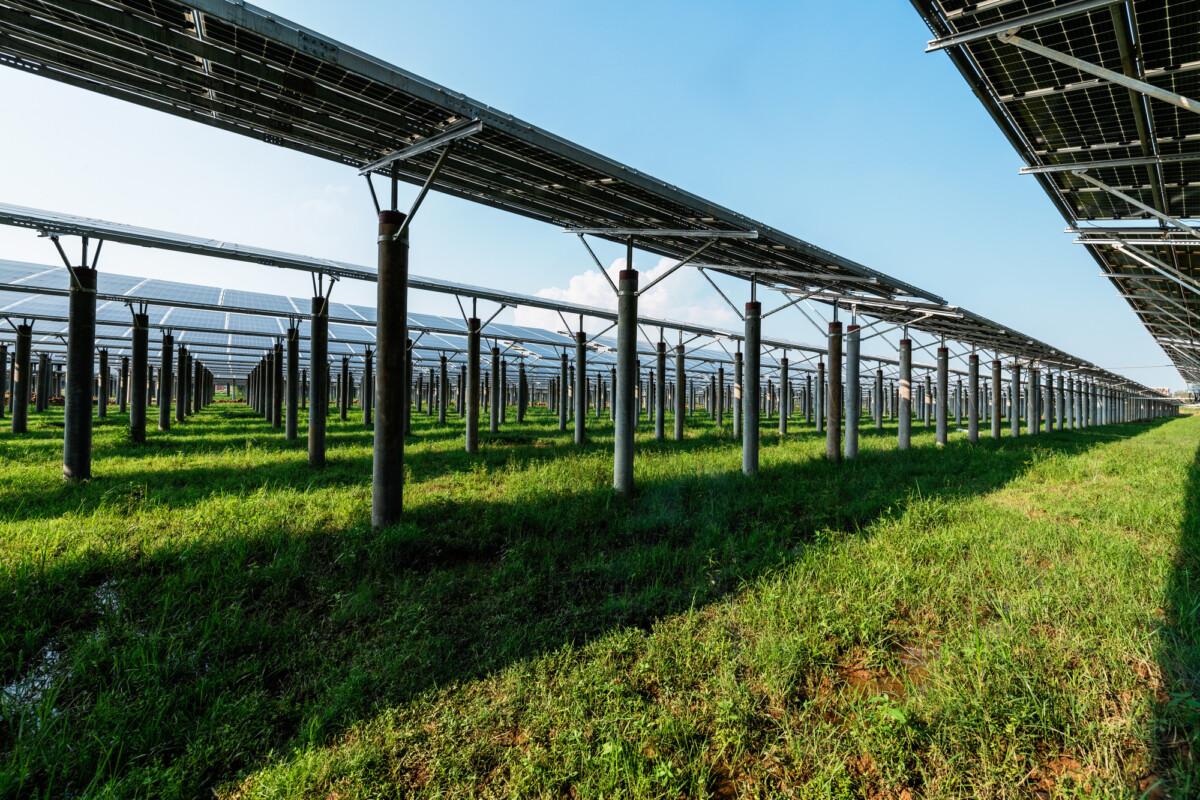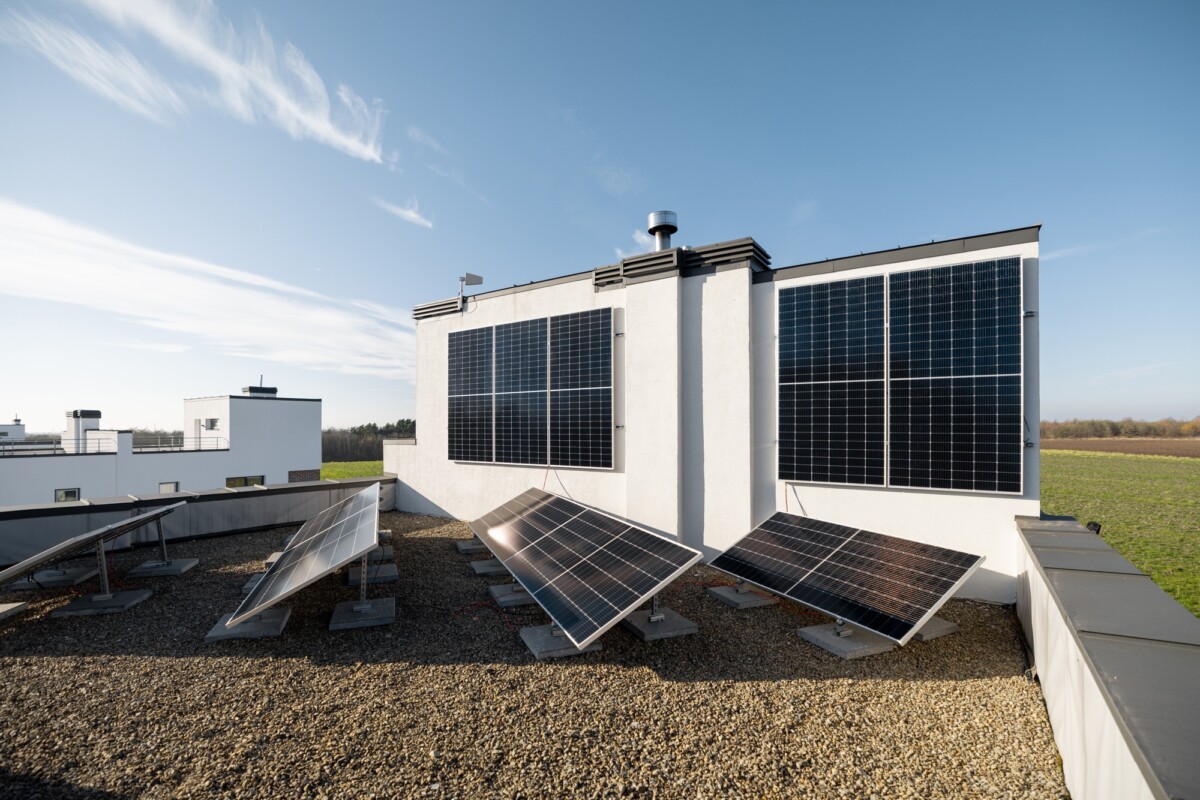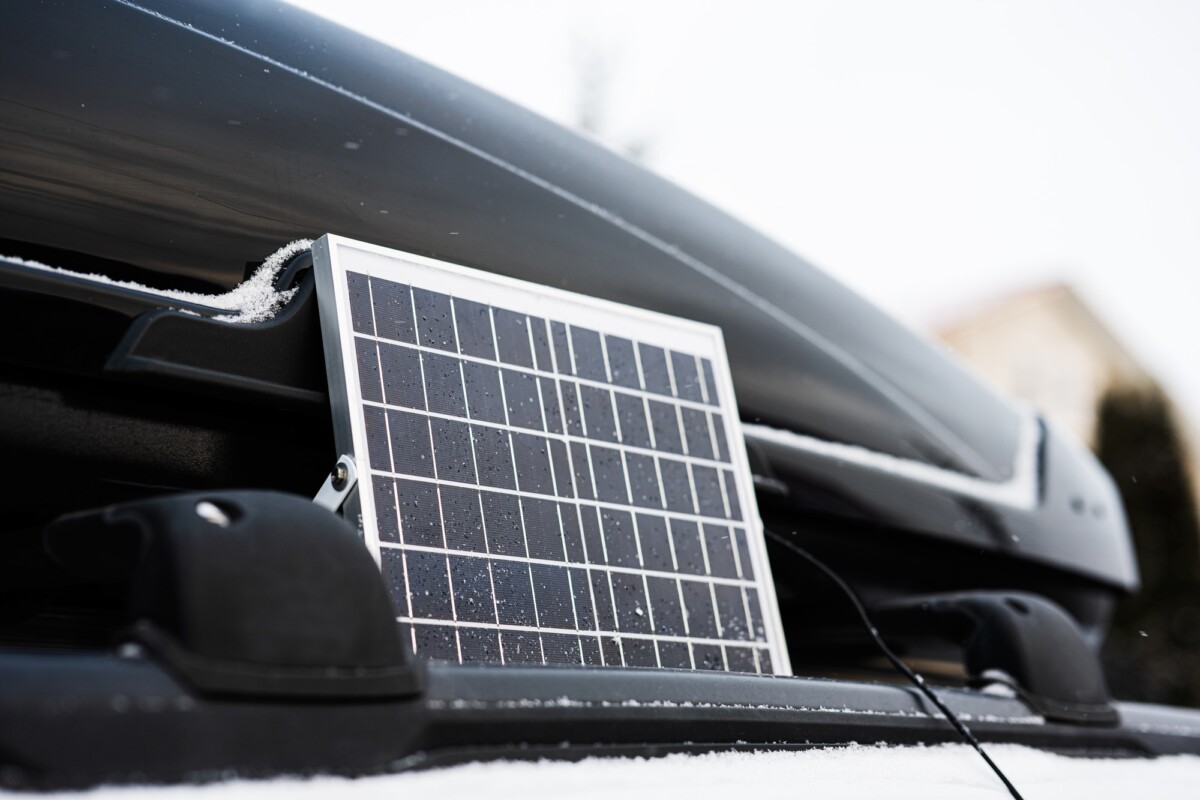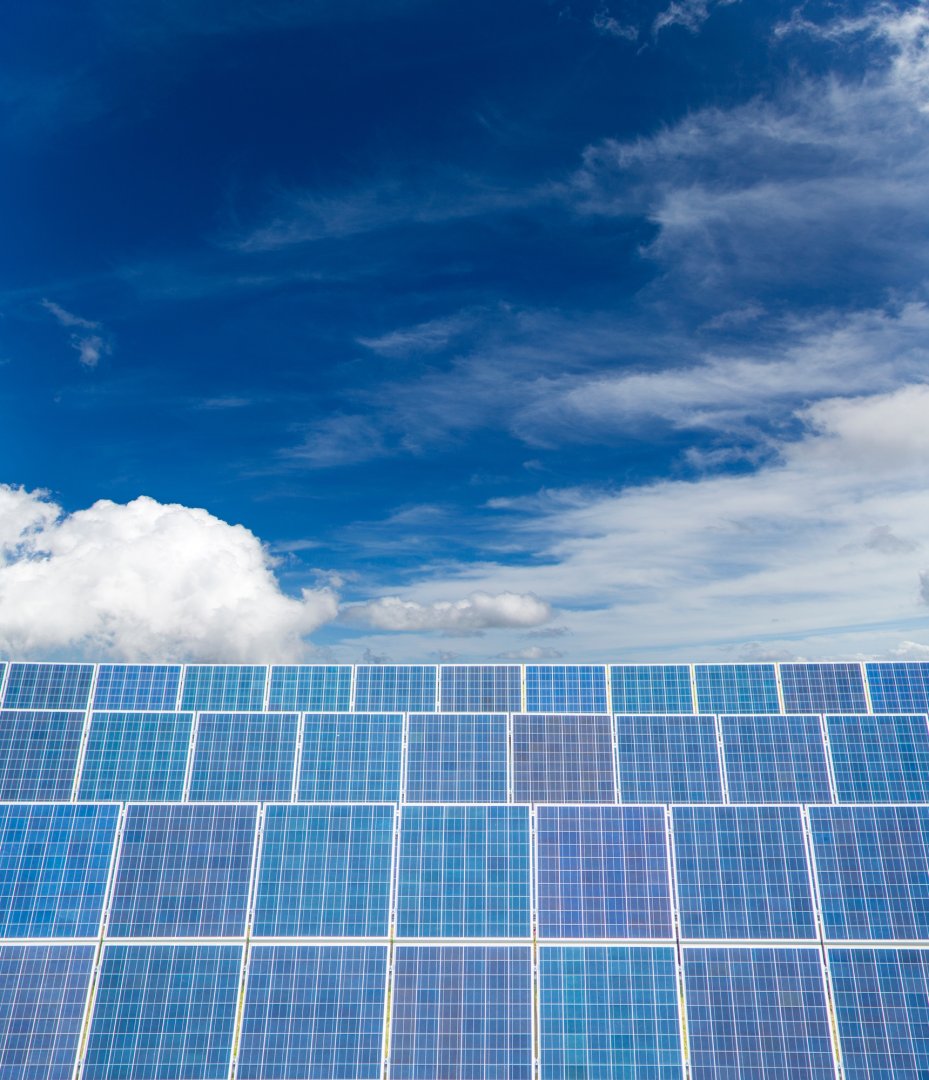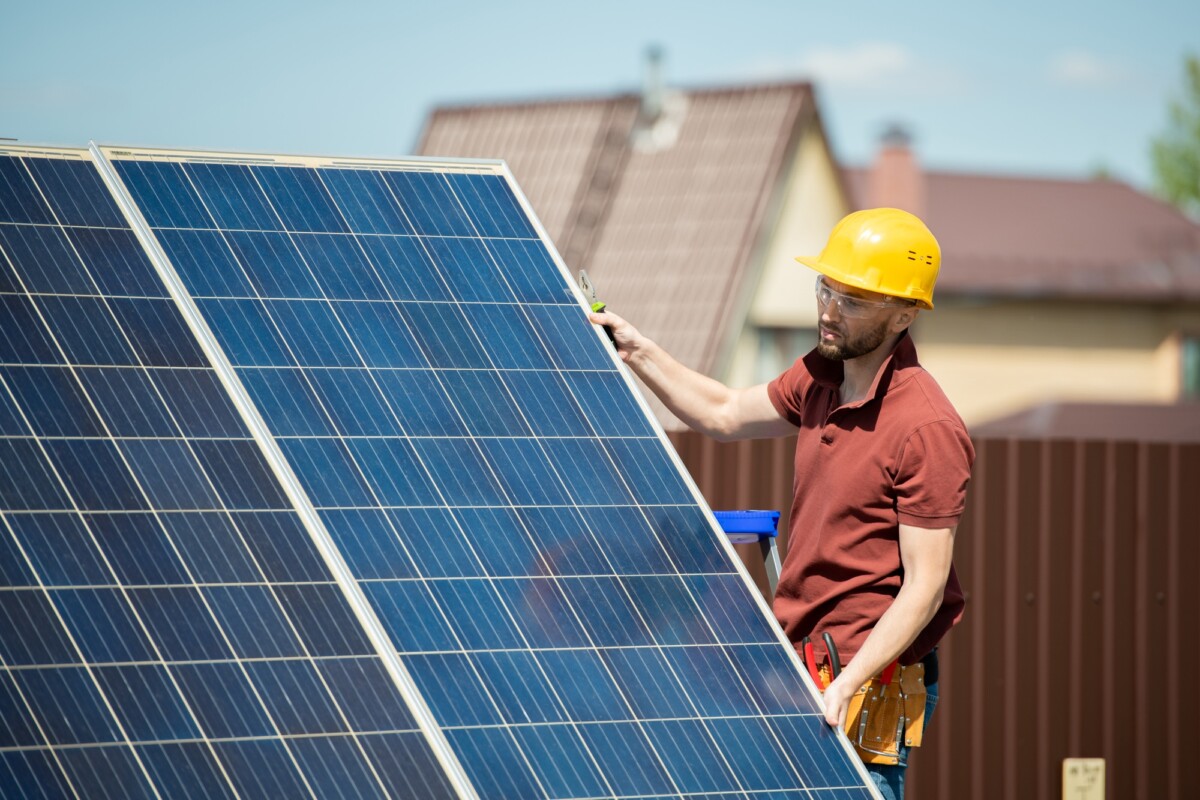In light of the ongoing issues posed by climate change and escalating energy expenses, an increasing number of individuals are seeking methods to enhance the energy efficiency of their residences. Making your home more energy-efficient is beneficial for the environment and can save you money on your energy bills. How to make home more energy efficient? Let’s find it out!
How to Make Home More Energy Efficient?
Insulate Your Home:
Insulating your home properly is one of the easiest and most effective ways to make it more energy-efficient. Insulation helps to prevent heat loss during winter and heat gain during summer. This means that your heating and cooling systems will not have to work as hard to maintain a comfortable temperature in your home.
Different types of insulation materials include fiberglass, cellulose, and foam. When choosing insulation, several factors come into play, such as your budget, the climate conditions of your area, and the specific areas of your home that require proper insulation.
Seal Air Leaks:
Air leaks in your home can cause significant energy loss. You can reduce energy loss by sealing air leaks around windows, doors, and other areas where air can escape. You can use caulk or weatherstripping to seal the leaks. Caulk is best used for stationary objects like window frames, while weatherstripping is best used for movable objects like doors.
Upgrade Your Windows:
Swapping out outdated or inefficient windows with energy-saving alternatives can aid in lowering your energy expenses. Energy-efficient windows have multiple panes of glass, low-emissivity coatings, and insulating frames. They can help to reduce heat loss during winter and heat gain during summer.
If you cannot afford to replace your windows, you can still improve their efficiency by using window coverings such as blinds or curtains. These can help to reduce heat loss during winter and heat gain during summer.
Upgrade Your Lighting:
Lighting accounts for a significant portion of energy use in most homes. You can reduce your energy bills by upgrading your lighting to more energy-efficient options. LED bulbs are an excellent option for energy-efficient lighting. Compared to conventional incandescent bulbs, they consume less energy and have a longer lifespan.
You can also install motion sensors or timers to control your lighting. Automatically turning off lights when they are not required can be useful in decreasing energy wastage.

Upgrade Your Appliances:
Old appliances can be significant energy wasters. Upgrading to energy-efficient appliances can help to reduce your energy bills. When shopping for appliances, look for those with the ENERGY STAR label. These appliances meet energy efficiency guidelines set by the US Environmental Protection Agency.
Energy-efficient appliances can save you hundreds of dollars in energy bills over their lifetimes. They also help to reduce greenhouse gas emissions that contribute to climate change.
Use Renewable Energy:
Solar and wind power are renewable energy sources that can be harnessed to produce electricity for your household. One can fix solar panels on the rooftop to absorb energy from the sun. Wind turbines can be installed in your yard or property to generate electricity from wind energy.
Using renewable energy can help to reduce your reliance on fossil fuels and reduce your carbon footprint. While installing renewable energy systems can be expensive, reducing your energy bills can save you money in the long run.
Conclusion:
Making your home more energy-efficient can benefit the environment and your wallet. Numerous straightforward and efficient methods exist to decrease energy wastage and reduce energy expenses. Insulating your home, sealing air leaks, upgrading your windows and lighting, and using energy-efficient appliances are all effective ways to make your home more energy-efficient. Using renewable energy sources can also help reduce your reliance on fossil fuels and carbon footprint. Incorporating these tactics can make your residence more comfortable and energy-efficient in the long term.
Ready to switch to solar power? Visit freesolarpowerquotes.com now to get your solar quote and start saving on energy bills!
FAQS
How can I make my home more energy-efficient?
There are several ways to make your home more energy-efficient, including insulating your home, sealing air leaks, upgrading your windows and lighting, upgrading your appliances, and using renewable energy.
What are some effective ways to make a home more energy-efficient?
Effective ways to make a home more energy-efficient include insulating your home, sealing air leaks, upgrading your windows and lighting, upgrading your appliances, and using renewable energy.
What are some ways to make your home more energy efficient?
Some ways to make your home more energy efficient include insulating your home, sealing air leaks, upgrading your windows and lighting, upgrading your appliances, and using renewable energy.
How can I reduce my energy bills?
You can reduce your energy bills by making your home more energy-efficient. This can be achieved by insulating your home, sealing air leaks, upgrading your windows and lighting, upgrading your appliances, and using renewable energy.
Is it expensive to make a home more energy-efficient?
The cost of making a home more energy-efficient will depend on the specific measures you take. While some upgrades may require an upfront investment, they can save money on energy bills over time. Additionally, some upgrades may qualify for rebates or tax credits that can help offset the initial cost.
How much energy can I save by making my home more energy-efficient?
The amount of energy you can save by making your home more energy-efficient will depend on the specific measures you take. However, studies have shown that energy-efficient upgrades can reduce energy use by up to 30% or more.
What are 3 ways your home can be more efficient at conserving energy?
Three ways your home can be more efficient at conserving energy are by upgrading your insulation, sealing air leaks, and installing energy-efficient lighting.
What 7 things can be done to increase energy efficiency?
Seven things that can be done to increase energy efficiency include upgrading insulation, sealing air leaks, upgrading windows and doors, upgrading lighting, upgrading appliances, using a programmable thermostat, and using renewable energy.
What are 5 energy-efficient home features?
Five energy-efficient home features are solar panels, energy-efficient windows, LED lighting, low-flow toilets and showerheads, and energy-efficient appliances.
What are 5 things a household can do to reduce their energy consumption?
To lower energy consumption, households can take five steps such as powering off lights and electronics when not in use, utilizing energy-efficient appliances, improving insulation, sealing air leaks, and installing a programmable thermostat.


